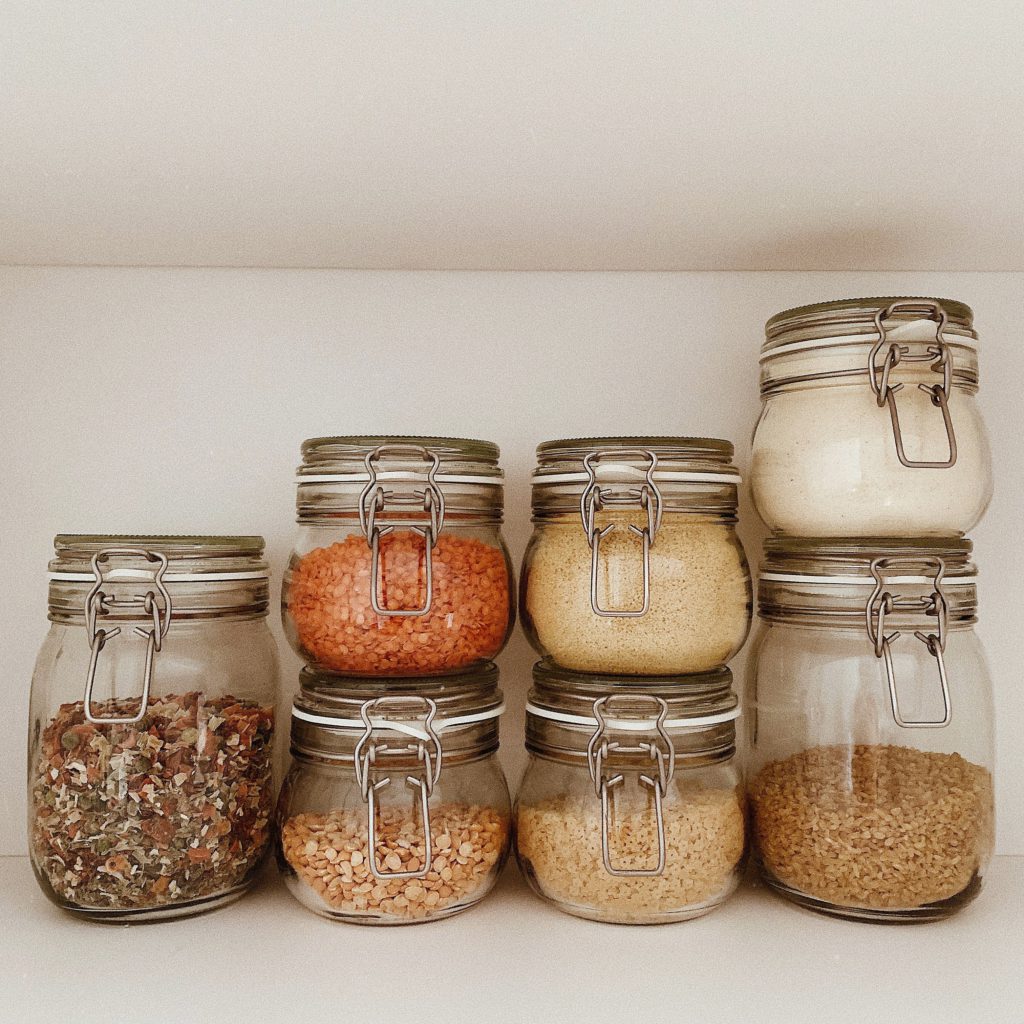TWEET THIS
The average household has around 300,000 items. Click To Tweet 1 in 2 people in the UK admit to holding onto things for longer than they should. Click To TweetMinimalism. Some people believe it’s the ultimate path to enlightenment while others think it is something only the privileged few can afford to think about. Whatever your opinion might be, one thing we can all agree on is that much of our lives are overwhelmed by stuff. The average household has around 300,000 items. On average, 1 in 2 people in the UK admit to holding onto things for longer than they should while 1 in 3 say they don’t like the idea of parting with their possessions. But why does having ‘too much stuff’ matter, you may ask? Not only does clutter increase the levels of cortisol (the ‘stress hormone’) in your body, but studies have shown that it can also trigger coping behaviours such as overeating. With clear negative impacts on both mental and physical health, you might be thinking it’s time for a clear out. However, the problem with decluttering is that it can very easily become a wasteful practice. In an effort to achieve that elated feeling that comes from a clean space, we often throw out things that could have been utilised in a much more sustainable way. So we’re sharing some useful tips to help you declutter your home sustainably.
BEDROOM & WARDROBE

If you’ve read our recent blog post on making better fashion choices, you might be feeling the urge to give your wardrobe a reset. However, simply throwing out all your fast fashion pieces is not the way forward. Rather than allowing your unwanted clothes to end up in landfill, it’s important to find ways to extend their life cycle. One option that we typically turn to is donating to charity shops however this may not always be the most sustainable option. Unfortunately, many charity shops have far more clothing than they can sell and particularly in the case of fast fashion pieces, the low quality means they are often impossible to shift. So what happens to those clothes that no one wants? They usually end up being sold abroad, dumped on African economies to deal with, eroding their local textiles industries and polluting their environments as a result. So what’s the alternative? First of all, if your items are still wearable and just need minor repairs, keep them in a separate pile and take them to your local tailoring service to mend. Give your unwanted pieces to people who will actually use them. Do clothing swaps with your friends and family, sell your clothes online, or simply donate them to someone for free! And if you do need to replace any pieces, shop from brands that are ethical and sustainable – click here to discover more.
BATHROOM & BEAUTY PRODUCTS

With skinmalism trending and a return to more ‘natural beauty’ on the rise, there’s a good chance you’ll want to downsize your beauty cabinet. But like anything else in your home, throwing away a half-full bottle of foundation or an unused eyeshadow palette doesn’t get rid of the clutter, it just creates more waste. Of course, if a product gave your skin a horrible reaction or has expired, it should be thrown out. However, if being in lockdown has meant you just haven’t used something as much as you thought you would, don’t count it as clutter – just start using it! With restrictions easing and many of us going out more, now is the perfect time to try a new look and use up some of those beauty products you’ve been holding onto. If you have products that are unopened that you don’t see yourself using any time soon, give them to a friend or family member who will make good use of them. When you do finally run out of beauty products, you can find clean, cruelty-free replacements right here on Veo.
KITCHEN & PANTRY

A popular way that people choose to make their homes more sustainable is by adopting a zero-waste approach to organising their kitchen. This can often mean purchasing tonnes of new jars and baskets for your food, in order to re-create that aesthetically pleasing pantry you saw online. While we totally get how satisfying it is watching those ‘homemaker gurus’ organise their homes to perfection, buying more to have less isn’t really the answer. Chances are, you already have some perfectly good Tupperware that could do the same job. Sure they don’t all match and your cupboards might not look ‘Pinterest-worthy’ but it means that instead of throwing out those plastic takeaway containers, you can actually make use of them, have less plastic waste, and ultimately less stuff. That’s the goal, right?
So essentially, the most sustainable way to declutter isn’t necessarily about getting rid of all your things but finding ways to make better use of what you have, reducing your waste, and shopping more consciously when you do need something new. If you’re looking for brands that prioritise sustainability, functionality, and long-term use, we have an amazing platform to find sustainable home goods all in one place. Head to veo.world to discover more.